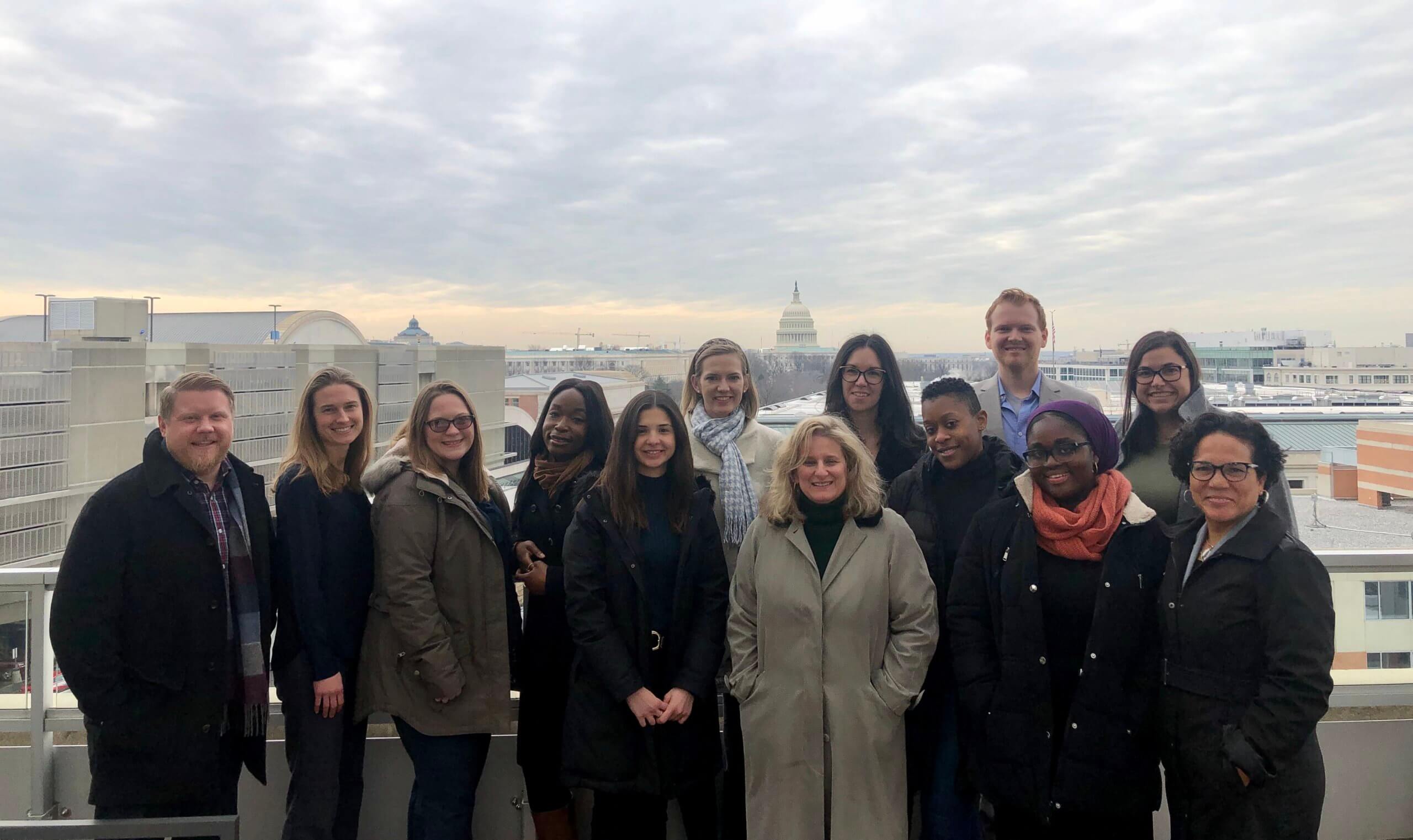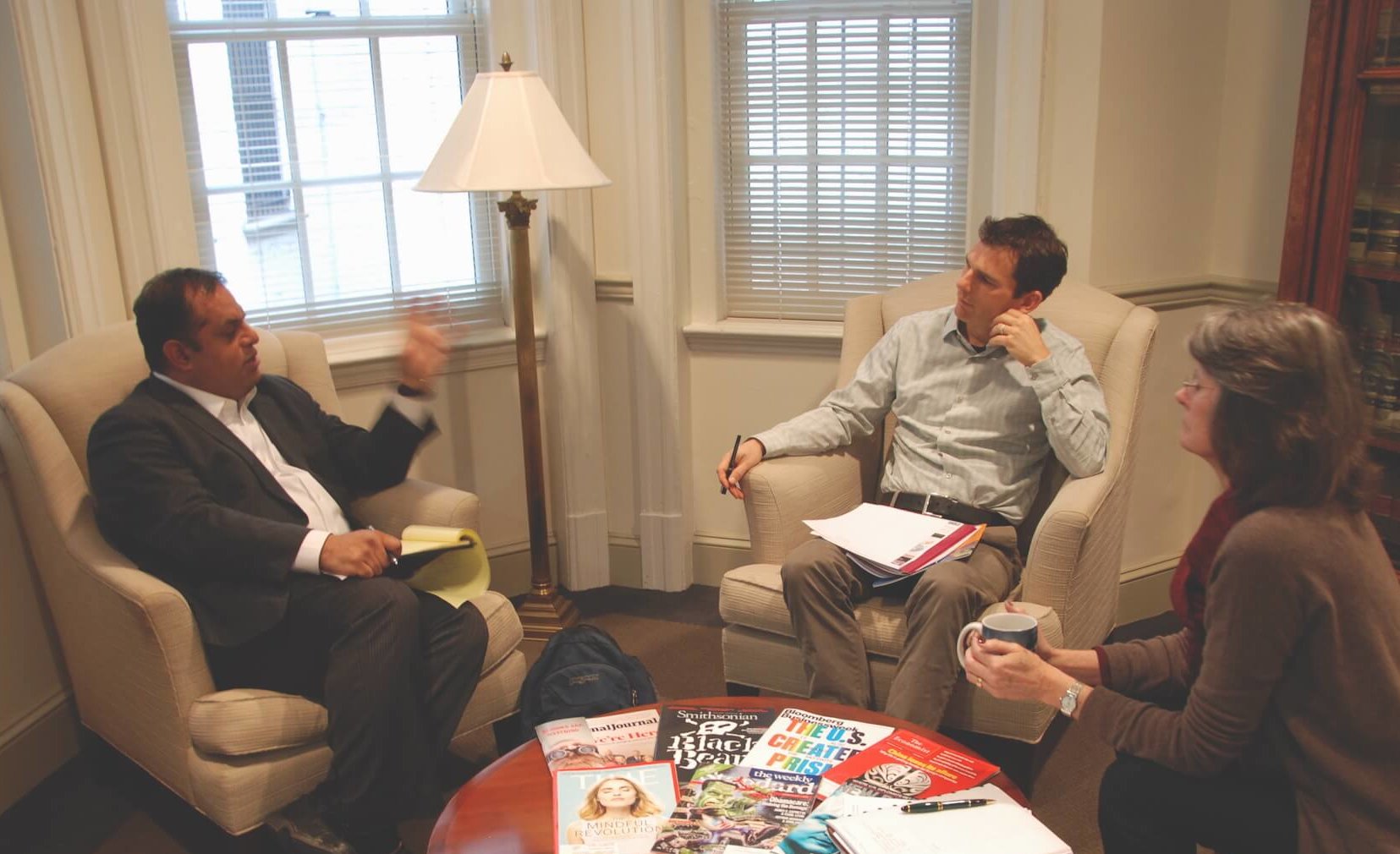At COMPASS, we believe science can have the greatest impact when scientists work in partnership with community leaders and policymakers. We are always eager to share new opportunities that support and strengthen these partnerships. This week, we are highlighting the work of our colleagues at Research-to-Policy Collaboration (RPC), a non-partisan model for bridging science and government. Brittany Gay, RPC’s Associate Director of Implementation Science, spoke to us about the work they are doing to connect researchers with public officials through the Rapid Response Network.
What is the Rapid Response Network?
The Rapid Response Network is an interdisciplinary group of researchers who are invested in helping translate research to policy. We recognize that there are many barriers to engagement. Both staffers and researchers are strapped for time and not everyone is familiar with how to contact the other party. The network was developed to help address some of these barriers and make it easier for researchers and policymakers to connect around a shared issue.
Walk us through how you connect researchers with policymakers.
When a public official has a request for evidence, our team meets with staffers to discuss the type of information they need. We then look within our network and message members who have experience with the issue area to see who has the time and capacity to respond to the request. We reach out to members with requests that align with the background and interest they identified in their profile.
The type of request can vary depending on the office’s needs. Network members could be helping us compile a fact sheet, prep for a meeting, or pull resources together. Depending on the scale of the request, we’ll also help researchers prepare to effectively communicate with staffers and discuss research without 1) being partisan or 2) engaging in lobbying.
Are there other benefits or opportunities you’d like to highlight?
One of the biggest benefits is the relationships we’ve seen develop between researchers and policymakers. After responding to an initial request for information, some of our members have been invited to participate in a roundtable discussion, review language on a bill, or testify at a hearing.
In addition to helping get evidence to policymakers, we also provide an opportunity for researchers to better understand public policy and the needs of policymakers so research can be more policy-informed as well. This lens can help ensure research is better able to inform policy later on. If we align the needs with the methods, we will hopefully contribute to a long-standing cycle of knowledge translation.
Who can become a member?
The network is open to researchers and research-oriented professionals from various areas of expertise who can help inform issues that impact children and families such as child welfare, education, and substance use and misuse. We are currently working to build capacity around environmental justice and climate change as well. We welcome anyone who is interested to visit the ‘Participating Researchers’ page on our website or contact our team to learn more.
Brittany Gay, Ph.D., is the Associate Director of Implementation Science at the Research-to-Policy Collaboration (RPC). She has worked with organization and programmatic decision-makers on issues such as juvenile workforce training, food insecurity, and early literacy engagement, consulting on feasible program goals and evaluation capacity development. She currently leads the implementation of the RPC model for building partnerships between researchers and legislative staff.


